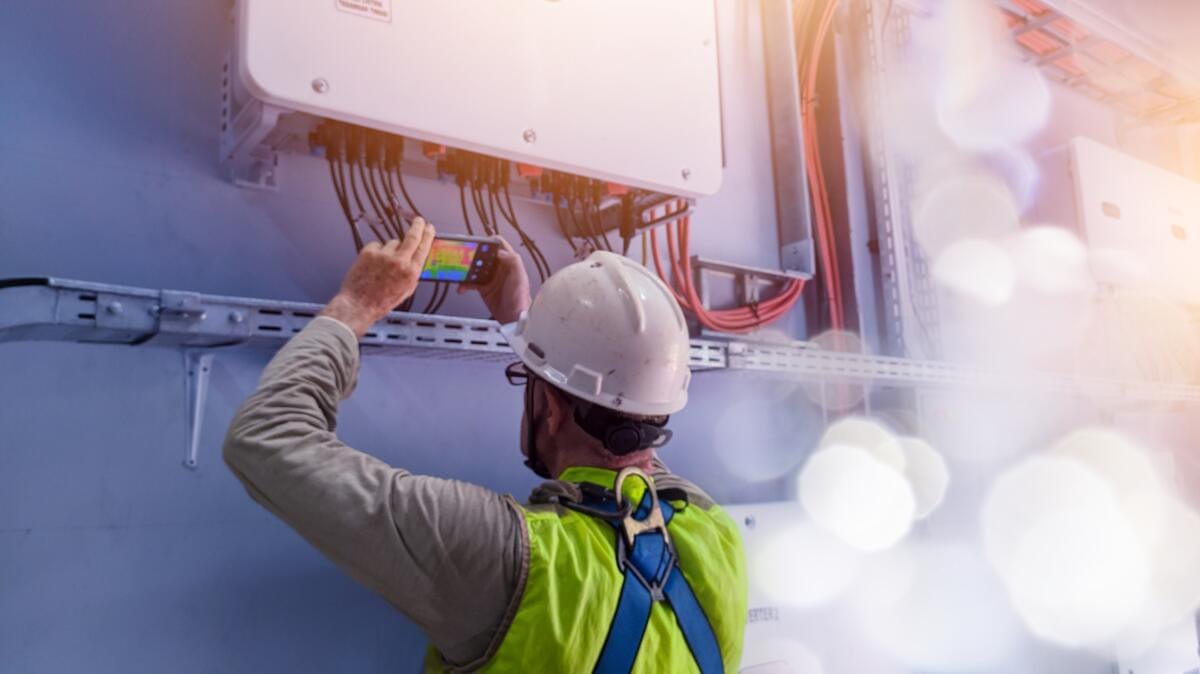Everyone deserves a safe working environment, which is why health and safety procedures are an integral part of any business. These procedures ensure that day to day life at work runs smoothly for employees whether the workplace is in an office or on a building site. There are eight health and safety essentials that every workplace must have in place.
1. Risk Assessments
By law, all businesses must conduct risk assessments where there are potential hazards within the workplace. All hazards must be identified with a plan of action starting with the most important risks first. Often, risk assessments can lead to the improvement of a business through finding long-term solutions to issues that pose the most risk to staff health, such as preventing falls or slips.
2. Sufficient Lighting
While it may seem obvious, good lighting at workstations and around the work building or work site is essential for employee safety. Suitable forms of lighting must be used for different manual tasks where suitable, such as florescent lighting where natural light doesn’t reach.
3. Good Hygiene and Cleanliness
A clean workspace is needed for every employee. Ensure that your building and work area, floors, fittings and furniture are cleaned efficiently to avoid bacteria and germ build up that has the potential to result in illness being spread between staff members.
4. Fire Safety Protocol
A fire risk assessment will identify fire hazards and the people at risk. An induction and evacuation process must be conducted with each employee as they enter the business. There should also be a member of staff who is responsible for evacuating the building or area in the case of a fire, taking a register of those present and calling fire helpline.
5. Manual Labor Safety
Manual jobs often involve lifting and using machinery and ladders, so it’s important to have safety procedures to follow thoroughly. Ensure that equipment is safely used and properly put away in a safe place by using the Lockout Tag out system or combination padlocks to prevent access to specialist equipment.
6. Acceptable Level of Noise
Noise problems in the workplace can be intrusive and distracting. If you have to raise your voice to have a conversation or have outdoor noise coming into your workspace, this may need rising with your employer. If you work with or use loud equipment, make sure to wear hearing protection.
7. Electrical Safety
Electrical equipment should be properly installed and tested alongside a full electrical risk assessment. For electrical machinery, a switch or isolator should be located near each machine to cut off the power supply in an emergency. If you come across any faulty cables or plug sockets in your workspace, they should be covered and marked as ‘do not use’ and replaced.
8. Staff Wellbeing
The health of staff is paramount for any company, so it is important to ensure that a workforce is seeking help when needed. Make sure your company has a HR department prepared for dealing with issues surrounding the mental health and overall wellbeing of staff to promote a healthy working culture.

